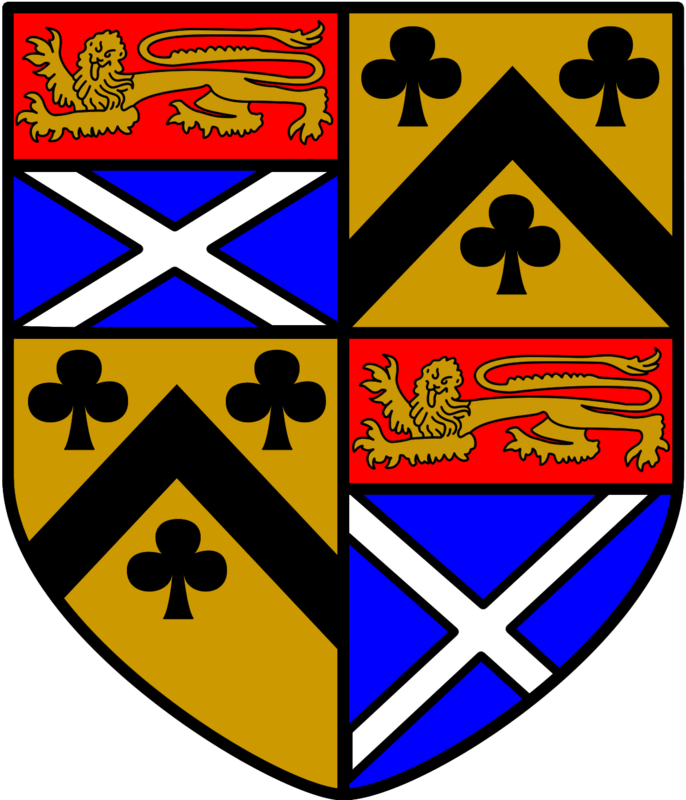
Unit 1: Russia from 1917-1991- from Lenin to Yeltsin (30%) • 1917-85- how different leaders (Lenin, Stalin, Khrushchev and Brezhnev) governed the Soviet Union including the creation of their dictatorships, the use of terror and the secret police, and their impact on the lives of ordinary Soviet citizens. • Why did the USSR collapse - 1986-91? Examining different historical perspectives on the causes of the collapse, from the role of individuals such as Gorbachev and Yeltsin, through to long term issues with the way the USSR was run. Unit 2: Mao’s China 1949-76 (20%) • Thematically linked to Unit 1, this allows students to study a different dictatorship in a different part of the world. They examine how Mao cemented his power over China, his unique approach to building the economy (and the subsequent disasters that this led to) and the chaos of the Cultural Revolution. Unit 3: Lancastrians, Yorkists and Henry VII, 1399-1509 (30%) • This unit covers the extended period of civil war in England during the late Middle Ages that led to the Tudors taking the throne. It focuses on a narrative of intrigue and plotting between the different royal houses and their vassals and the larger than life characters of the period. Coursework: Chamberlain and the Appeasement of Germany 1936-9 • Could Britain have stopped the Second World War in Europe? Was UK Prime Minister Neville Chamberlain as culpable as Hitler for the events of 1936-9? Was the conflict all one of Hitler’s own making? The coursework allows students a chance to see how historians develop their ideas and then critique their arguments and conclusions.
Grade 6 in History or a 6 in English (Literature or Language)
80% Exam (3 papers) and 20% Coursework
About Education Provider
| Region | South East |
| Local Authority | Medway |
| Ofsted Rating | Good |
| Gender Type | Girls |
| Address | Maidstone Road, Rochester, ME1 3BY |
Unit 1: Russia from 1917-1991- from Lenin to Yeltsin (30%) • 1917-85- how different leaders (Lenin, Stalin, Khrushchev and Brezhnev) governed the Soviet Union including the creation of their dictatorships, the use of terror and the secret police, and their impact on the lives of ordinary Soviet citizens. • Why did the USSR collapse - 1986-91? Examining different historical perspectives on the causes of the collapse, from the role of individuals such as Gorbachev and Yeltsin, through to long term issues with the way the USSR was run. Unit 2: Mao’s China 1949-76 (20%) • Thematically linked to Unit 1, this allows students to study a different dictatorship in a different part of the world. They examine how Mao cemented his power over China, his unique approach to building the economy (and the subsequent disasters that this led to) and the chaos of the Cultural Revolution. Unit 3: Lancastrians, Yorkists and Henry VII, 1399-1509 (30%) • This unit covers the extended period of civil war in England during the late Middle Ages that led to the Tudors taking the throne. It focuses on a narrative of intrigue and plotting between the different royal houses and their vassals and the larger than life characters of the period. Coursework: Chamberlain and the Appeasement of Germany 1936-9 • Could Britain have stopped the Second World War in Europe? Was UK Prime Minister Neville Chamberlain as culpable as Hitler for the events of 1936-9? Was the conflict all one of Hitler’s own making? The coursework allows students a chance to see how historians develop their ideas and then critique their arguments and conclusions.
Grade 6 in History or a 6 in English (Literature or Language)
80% Exam (3 papers) and 20% Coursework